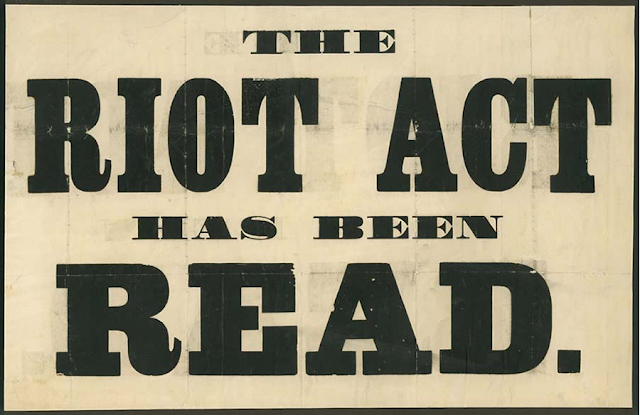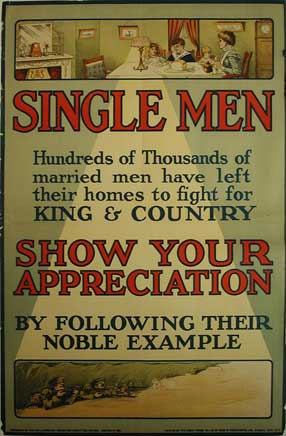Wycliffe was an early advocate for translation of the Bible into the common tongue. He completed his translation directly into vernacular English in the year 1382, and his work is now known as Wycliffe's Bible. The language that he translated the Bible into is believed to have had a profound impact on the English language of the time. And the manuscripts are very pretty!
Jonathan Swift's 18th-century book Proposal for Correcting, Improving and Ascertaining the English Tongue is very amusing. Swift bemoans poets for the perceived misuse of the English language in the name of poetry. He writes,
"These Gentlemen, although they could not be insensible how much our language was already overstocked with Monosyllables; yet, to save Time and Pains, introduced that barbarous Custom of abbreviating Words, to fit them to the Measure of their Verses; and this they have frequently done, so very injudiciously, as to form such harsh unharmonious Sounds, that none but a Northern Ear could endure"
"They have joined the most obdurate Consonants without one intervening Vowel, only to shorten a Syllable … What does Your Lordship think of the Words, Drudg'd, Disturb'd, Rebuk't, Fledg'd, and a thousand others, every where to be met in Prose as well as Verse? Where, by leaving out a Vowel to save a Syllable, we form so jarring a Sound, and so difficult to utter, that I have often wondred how it could ever obtain."
I think I shall enlist the help of some friends who possess a 'Northern Ear' to see whether they can tolerate such poetry! The great North / South divide epitomised within a sentence!
The Riot Act, of 1715 to 1973, permitted the police to enforce the dispersal of any group of twelve or more people assumed to be unlawfully assembled. The full name of the the Act was "an act for preventing tumults and riotous assemblies, and for the more speedy and effectual punishing of the rioters". The phrase 'to read the riot act' now finds itself used within everyday language much less formally, to denote a reprimand against bad or rowdy behaviour. The Act was superseded in 1986 by the Public Order Act, which has much less of a ring to it, sadly.
The full proclamation was as follows:
"Our sovereign Lord the King chargeth and commandeth all persons, being assembled, immediately to disperse themselves, and peaceably to depart to their habitations, or to their lawful business, upon the pains contained in the act made in the first year of King George, for preventing tumults and riotous assemblies. God save the King."
There were also a couple of recruitment posters from WW1 and WW2 that displayed incredibly emotive and persuasive language and writing styles. I can't see any advertising this blatant having an effect on today's men, except perhaps for outrage. I wonder what these differences between men of the war eras and current-day gentlemen would reflect?
And some part of the advertising campaign must have been effective. According to the wonderful source of veracity that is Wikipedia (!) "The war began with a massive and unprecedented wave of enthusiasm. At the beginning of August 1914, Parliament issued a call for an extra 500,000 soldiers. The response was overwhelming. By the end of September, over 750,000 men had enlisted."
Another interesting fact: "The Pals battalions of WW1 were specially constituted units of the British Army comprising men who had enlisted together in local recruiting drives, with the promise that they would be able to serve alongside their friends, neighbours and work colleagues ("pals"), rather than being arbitrarily allocated to regular Army regiments."
Hooke's Micrographia (1665) details Hooke's observations through various microscope lenses. The book was the first major publication of the Royal Society, the first scientific best-seller, and notably coined the biological term "cell". I am sure that the meticulous drawings have since inspired people from all disciplines: artists, scientists...
A personal favourite exhibit was a Rupert Bear annual (pictured below). I have been collecting Rupert annuals since I was little, and always loved the three methods of storytelling on each page: a picture, a rhyming couplet and the full text.













1 comment:
A great post! I am familiar with much of this, as I teach literature courses in college. I have studied the evolution of the language from the Anglo-Saxons, through Chaucer, to the present. It is fascinating history. Thanks for the post!
Post a Comment